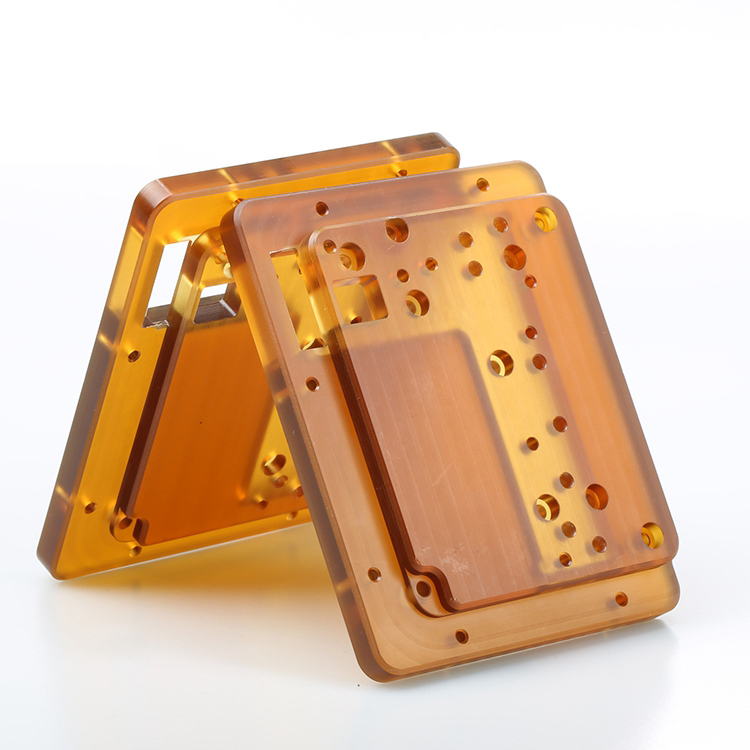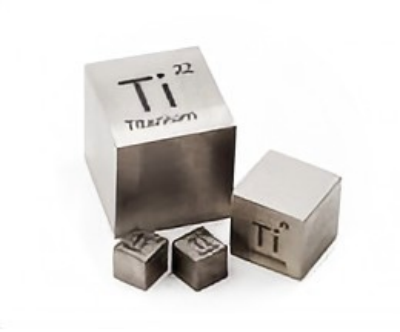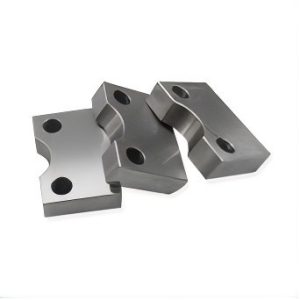Comparison of CNC Machining Materials
The information contained herein is typical values intended for reference and comparison only. They shall NOT be used as a basis for design specifications or quality control.
PEI
Temperature Resistance, Strength, CorrosionResistant, Flame Retardancy, Electrical Insulation, Aging Resistance
PEI (polyetherimide) is a high-performance thermoplastic engineering plastic that combines excellent heat resistance, mechanical properties, and chemical stability, enabling it to be widely used in high-end industrial fields such as aerospace, electronics and electrical engineering, and medical equipment.
Titanium
Heat Resistance, Corrosion Resistance, Strength
Titanium alloys are high-performance materials that combine exceptional strength, a superior strength-to-weight ratio, outstanding corrosion resistance, high-temperature stability, and excellent biocompatibility. While costlier and more difficult to process than steels or aluminum alloys, their unique advantages—high strength, light weight, and durability in extreme environments—make them indispensable in aerospace, advanced medical, and deep-sea applications, where performance takes priority over cost.
Low Carbon Steel
Economical, Machinability
Low carbon steel (with carbon content not exceeding 0.25%) is one of the most commonly used types of steel in both industry and daily life, thanks to its excellent plasticity, weldability, and low cost. It is widely applied in components such as pistons, screws, and drive shafts. However, due to its limited strength, it usually requires post-treatment.




